A Chinese blogger took down his online videos on food safety issues due to alleged complaints from social media users. However, China experts believe that the authorities used internet trolls to target the influencer because his videos exposed corruption in the food industry.
In June, Xing Jifei started an online video series called “Tech and Daring” on Douyin, the Chinese version of TikTok, informing viewers on how food additives are used in producing popular foods in China.
His videos went viral quickly; within a month, Xing’s blog site garnered 6.5 million followers.
‘Tech-Hacked’ Foods
In his videos, Xing revealed various “tech-hacked” foods made with lots of soy protein and artificial ingredients, such as meat-free “meatballs,” meat-free “beef steak,” nut-free “peanut sauce,” as well as fake honey.Many viewers were appalled.
Some of the comments were: “I will never dine out again,” “I would never dare to visit the street diners,” and “My mom has told me to quit ‘food delivery’ for years, but I never listened. But just a few videos of Xing’s persuaded me to do so.”
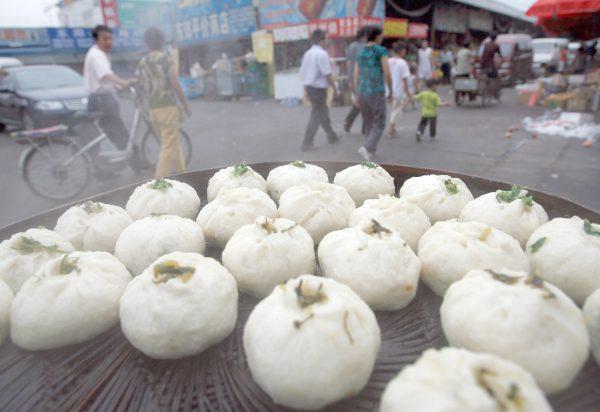
Censorship
The popularity of Xing’s videos invited criticism from China’s Food Industry Association, which offers a consumer guide to food safety issues based on “scientific research.”The association accused Xing’s videos of exaggerating the harmful effects of food additives.
Some individual business owners in the food and beverage industry released online videos in which they accused Xing of hurting their businesses.
In mid-September, Xing received multiple warnings from Douyin’s customer service department, claiming that his videos received many complaints.
According to one blogger, Xing posted his decision to cancel his social media account on Sept. 22. The blog site was officially taken down on Sept. 28.
Despite the alleged complaints, Xing had many followers.
Chinese blogger Mu Chen posted, “We were told not to walk the old path of the West: pollute first, resolve second. Then why are there so many cancer villages [in China]?
“The ‘Tech and Daring’ is a hero [who stands up] against the regulators’ indulgence, lax standards, and diminished public conscience.”
China observer Wang He said that Xing’s videos had threatened the vested interests of regulators such as China’s food and drug agency and various groups in the food industry.
“Governmental oversight of industry and commerce doesn’t exist in China, as the government and enterprises are the same entity,” Wang told the Chinese language edition of The Epoch Times on Sept. 30.
He believed that Xing’s site was attacked by internet trolls, suggesting that authorities and businesses were working together to suppress the blogger, who they also regarded as a whistleblower.
The Corrupt Supervisory Board
According to public records, the Beijing-based Food Industry Association, an advisory board of the food industry, has invested in 12 companies and 25 projects in different industries, including food manufacturing, film and entertainment, advertising, and retail.Li Yuanhua, a historian in Australia, told the Chinese language edition of The Epoch Times on Sept. 30 that Xing’s videos exposed the Chinese food industry’s corrupt practices, such as achieving low-cost production by using illegal and toxic chemicals as ingredients.
He said, “Most people aren’t aware of the danger of these chemicals.” Moreover, Li added that the CCP’s lack of morale is the cause of the chaotic food industry in China.
As a result, food safety issues have caused many health risks to the Chinese.
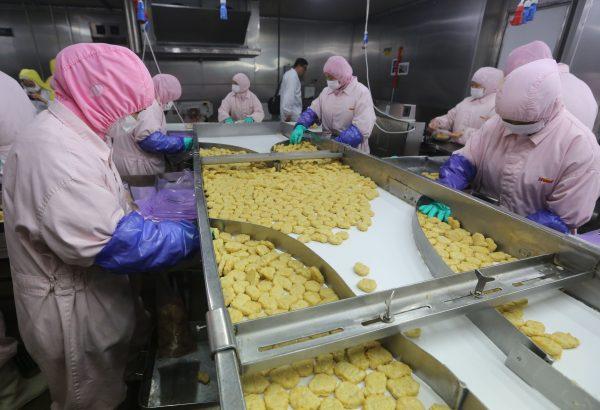
Cancer Villages
According to GLOBOCAN 2020, an online database providing global cancer statistics and estimates of incidence and mortality, “China accounted for 24% of newly diagnosed cases and 30% of the cancer-related deaths worldwide in 2020.”In 2020, there were an estimated 4.57 million new cancer cases and 3 million cancer deaths, with lung, colorectal, and stomach cancer as the three most prevalent cancers; and Heilongjiang, Guangdong, Jilin, Hubei, Inner Mongolia with the highest cases.
On Sept. 23, the CCP’s National Health Commission adopted a “whole-process management method” to oversee the treatment of 220,000 childhood cancer patients for “better allocation of medical resources,” according to the state mouthpiece report.
Wang said it is embarrassing for the CCP that China is home to a larger number of cancer cases.
He said, “This is a shame for China and a scandal for the regime. But the CCP uses the so-called whole-process management method to conceal and downplay its sins and turn it into praise for its crime.”
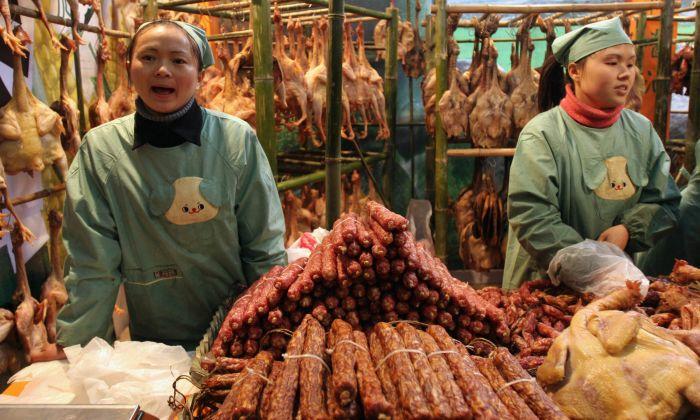

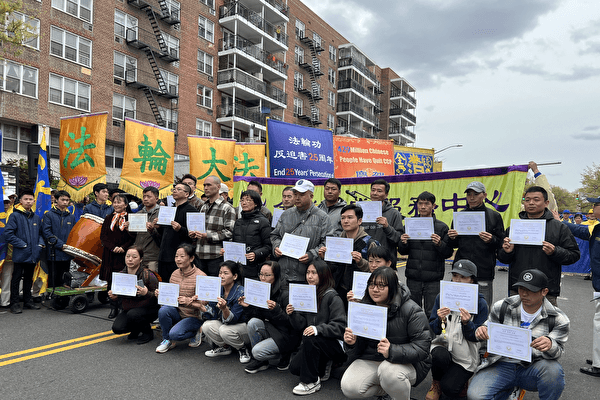
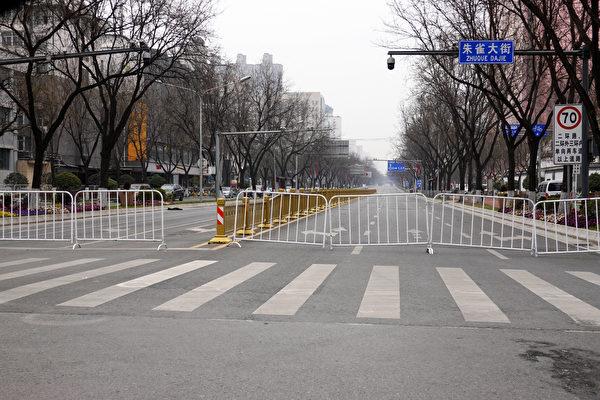
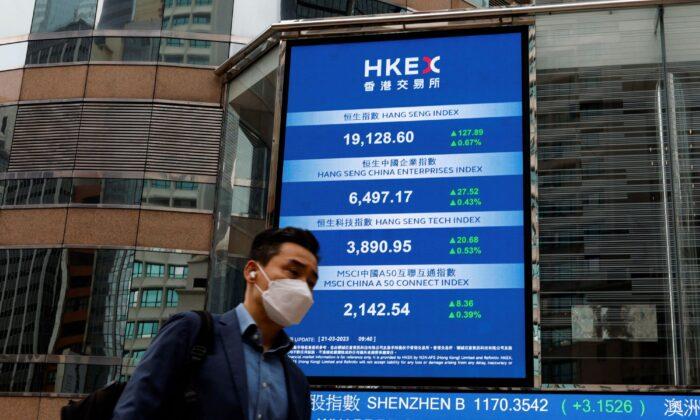

Friends Read Free